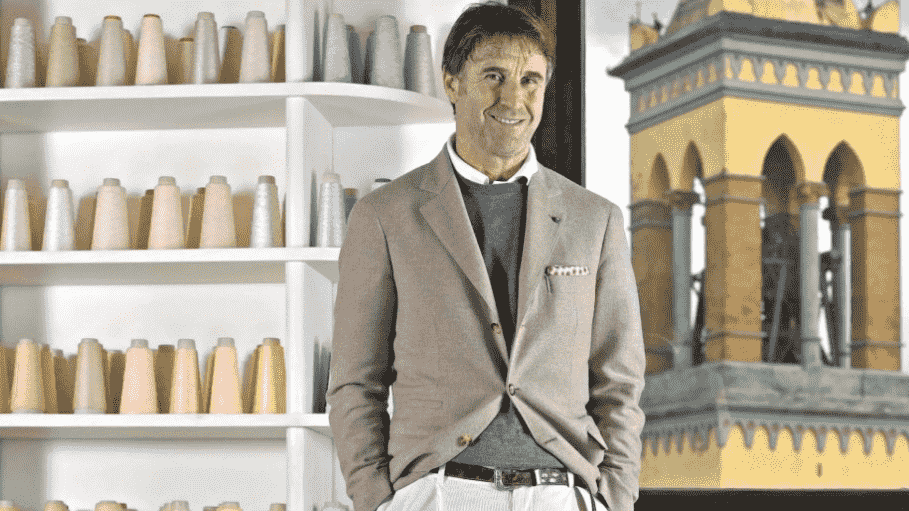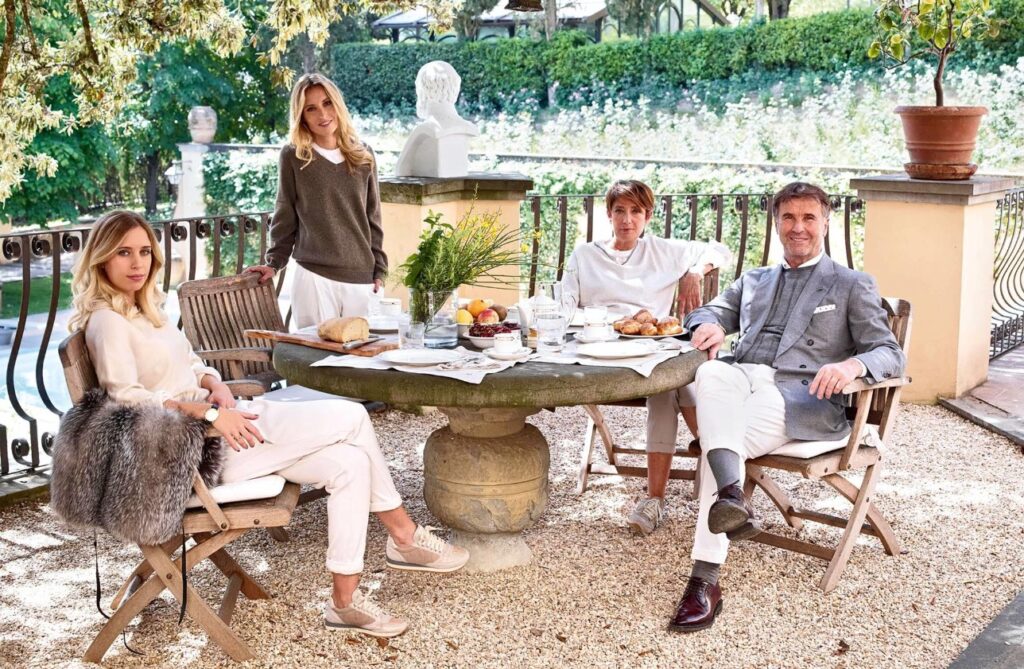Brunello Cucinelli: Principled Entrepreneurship and Humanistic Capitalism
Home · Eng · Insights · Entrepreneurs · Brunello Cucinelli: Principled Entrepreneurship and Humanistic Capitalism


Since 1985 he has operated Brunello Cucinelli SpA from his headquarters in Solomeo, a medieval Italian hamlet that he has renovated for his employees through his family foundation. “We focus on the well-being of people through enriching the physical environment,” says Federica, who runs the Brunello and Federica Cucinelli Foundation. The foundation, which was established fifteen years ago, has three goals: to enhance and support the love of culture, to preserve art and historic patrimony, and land conservation. At a recent company meeting he announced a bonus of $550 per employee, per year, to be spent on books, theater tickets, art exhibitions, and the like. For the Cucinelli family, this is both good business and good living which is the thesis for his philosophical system of humanistic capitalism.
Yet, this was just the latest of Brunello’s philanthropic endeavors to improve the community of Solomeo and his company culture. Having grown up watching his father work a dehumanizing factory job, he was determined to prove that capitalism and humanism could coexist when he started his business. He has created an environment that is a beacon in a frenzied era: His employees don’t punch a clock, they get 90-minute lunch breaks, they are required to leave at 5:30 p.m., and they are discouraged from e-mailing after hours. “There is a mutual respect that everyone lives by,” he says. So it is hardly a surprise that he and his wife Federica, along with daughters Camilla and Carolina (who help to lead the company) have built a theater, library, and school of crafts, turned an unsightly industrial area into green space, and opened three parks in Solomeo to improve the cultural life of their community.
“I believe in a humanistic enterprise: business should comply in the noblest manner with all the rules of ethics that man has devised over the centuries. I dream about a form of humanistic modern capitalism with strong ancient roots, where profit is made without harm or offence to anyone, and part of it is set aside for any initiative that can really improve the condition of human life: services, schools, places of worship and cultural heritage.”
Brunello Cucinelli, on "My Life"

The Italian billionaire has transferred his entire 61.56 percent stake in his company to the Esperia Trust Company. This done with intent to benefit his daughters, Camilla Cucinelli and Carolina Cucinelli, and to ensure the legacy of his philanthropic work supporting humanistic capitalism.
Brunello’s representative said in a statement that the trust, “Was established to ensure that, as part of a generational transfer, entrepreneurial initiatives undertaken by Cucinelli” will be transferred to their descendants in the future with the help of a trustee who will help implement the “same Cucinelli, in full continuity” with the work “carried out so far, and ensuring the unit and the cohesion of the management of the company. In addition, thanks to the trust assets’ of social and cultural interest promoted by Cucinelli may be pursued effectively in the future, in line with his philosophy of life.”
Beneficiaries of the trust are the daughters Camilla (currently a member of the company´s board) and Carolina Cucinelli. The deed of trust provides for the appointment of a committee of experts, composed of five members (including the two daughters of Cucinelli) alongside the existing trustee, with mostly advisory functions.
“We are living through a special time. We are witnessing a comeback of the great value of family, of enterprise: the family as a guardian of ideals. It is good to hear when a company reaches its sixth generation: that's what my grandfather would say, that's what my father would say. It is the value of guardianship and generation turnover. I also think that in the valuable closeness of family anyone can receive the healthy, stable principles of education as a way of fully forming and shaping a human being.”
Brunello Cucinelli, on "The Family"
